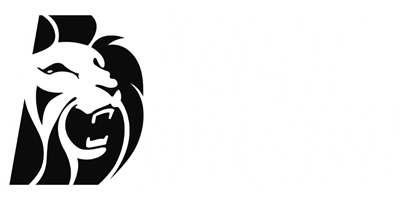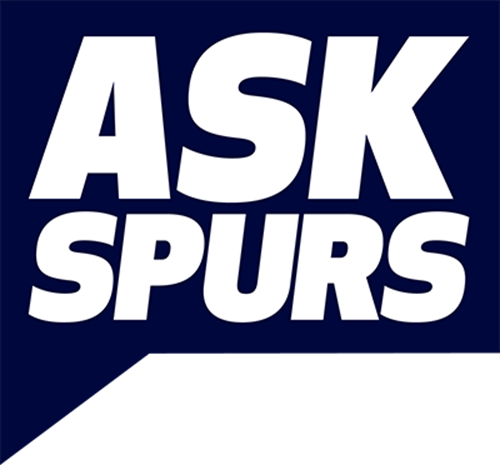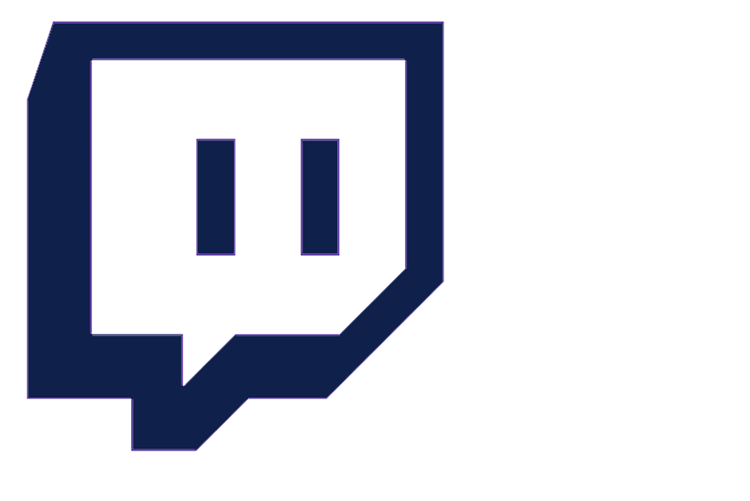Tottenham Hotspur (Spurs) Football Club is located in North London. The club is also known as Spurs. Tottenham's home ground is White Hart Lane. The club motto is Audere est Facere (To dare is to do).
|
It is a fact that the Hotspur Football Club was formed in 1882 when a group of a dozen or so teenagers gathered under a gas lamp of what is now the Spurs Megastore at the Park Lane end of the ground to start a football club to run alongside Hotspur Cricket Club, formed two years earlier. |

|
|
They took their name from the gallant adventures of Harry Hotspur, a Shakespeare character and Hotspur FC was born, soon changed to Tottenham Hotspur to avoid confusion with London Hotspur.
A crowd of 14,000 attended a match against Woolwich Arsenal and it soon became clear that the ground at Northumberland Park was too small. A plot of land was found just off Tottenham High Road next to the White Hart pub - White Hart Lane was born. |
|
|
The new 30,000 capacity ground was officially opened with a win against Notts County in 1899.
|

|
|
Spurs eventually joined the Football League in 1908, another early great, Vivian Woodward, scored the club's first league goal, but after winning promotion at the first attempt form dipped and the next few seasons were a battle against relegation.
|
|
|
Two seasons later and with the likes of Dave Mackay, Bill Brown, Cliff Jones and Maurice Norman on board, joining the enigmatic Danny Blanchflower, the impossible was achieved - the league and FA Cup double.
|

|
|
|
|
|
The next, and arguably last, great Spurs team followed in 1986-87.
|

|
|
Terry Venables' arrival from Barcelona to take over from Pleat sparked more memorable days. In came Paul Gascoigne and Gary Lineker and the club survived a financial crisis to win the FA Cup in 1991 - Gazza famously scoring that free-kick against Arsenal in the semi-final before badly damaging his knee in that tackle in the final, which we won 2-1 against Forest.
|
|
|
Onto this season then and Graham's shock exit despite reaching the semi-finals of the FA Cup and the much-welcomed arrival of Lane legend Glenn Hoddle.
|

|

